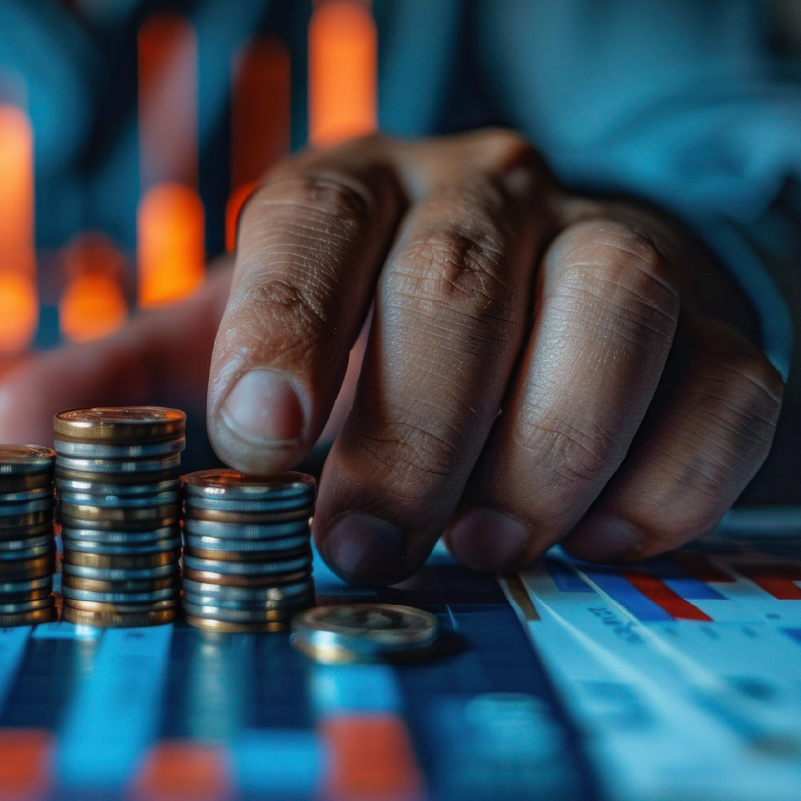Reuters reported over the weekend that Tesla CEO Elon Musk announced after the market closed on Friday (24 August) that he has abandoned plans to pursue a $72bn deal to take the electric vehicle (EV) manufacturer private. The initial idea to take the company private surprised investors and drew regulatory scrutiny after Musk announced on Twitter that he was considering taking Tesla private for $420/share. Musk and Tesla still face a series of investor lawsuits and a US Securities and Exchange Commission (SEC) investigation into the factual accuracy of his tweet that funding for the deal was “secured.”
On Friday, Musk said his belief that there is more than enough funding to take the company private was reinforced during the process, but he abandoned the bid based on feedback from Tesla shareholders and because he found the effort to be “more time-consuming and distracting than initially expected.” Musk owns c. one-fifth of Tesla and previously said that he envisioned taking the company private without the standard method of a leveraged buyout, in which all the other shareholders would cash out and the deal would be funded primarily with new debt. He estimated that two-thirds of Tesla shareholders would have chosen an option of “rolling” their stakes into a private company which would significantly reduce the amount of money needed for the deal and avoid further burdening Tesla, which has a debt pile of $11bn and negative cash flow.
In the statement, Musk noted that a number of institutional shareholders explained that they have internal compliance rules that limit how much can be invested in a private company. He also said there was no proven path for most retail investors to own shares were Tesla to go private.
One of Tesla’s biggest challenges is ramping up production of its latest vehicle, the mass-market Model 3, which is crucial to the company’s profitability goals.
Data from Bloomberg NEF released last week show that global sales of EVs rose 77% YoY in 2Q18 to 411K. China accounted for more than 50% of the quarterly total , while Europe accounted for 22% and North America for 19% of the total global market share. In China, EVs accounted for a record high of 3.9% of all passenger car sales.
Tesla’s share price is down c. 3.4% since Friday, 24 August’s close to Tuesday, 28 August.




